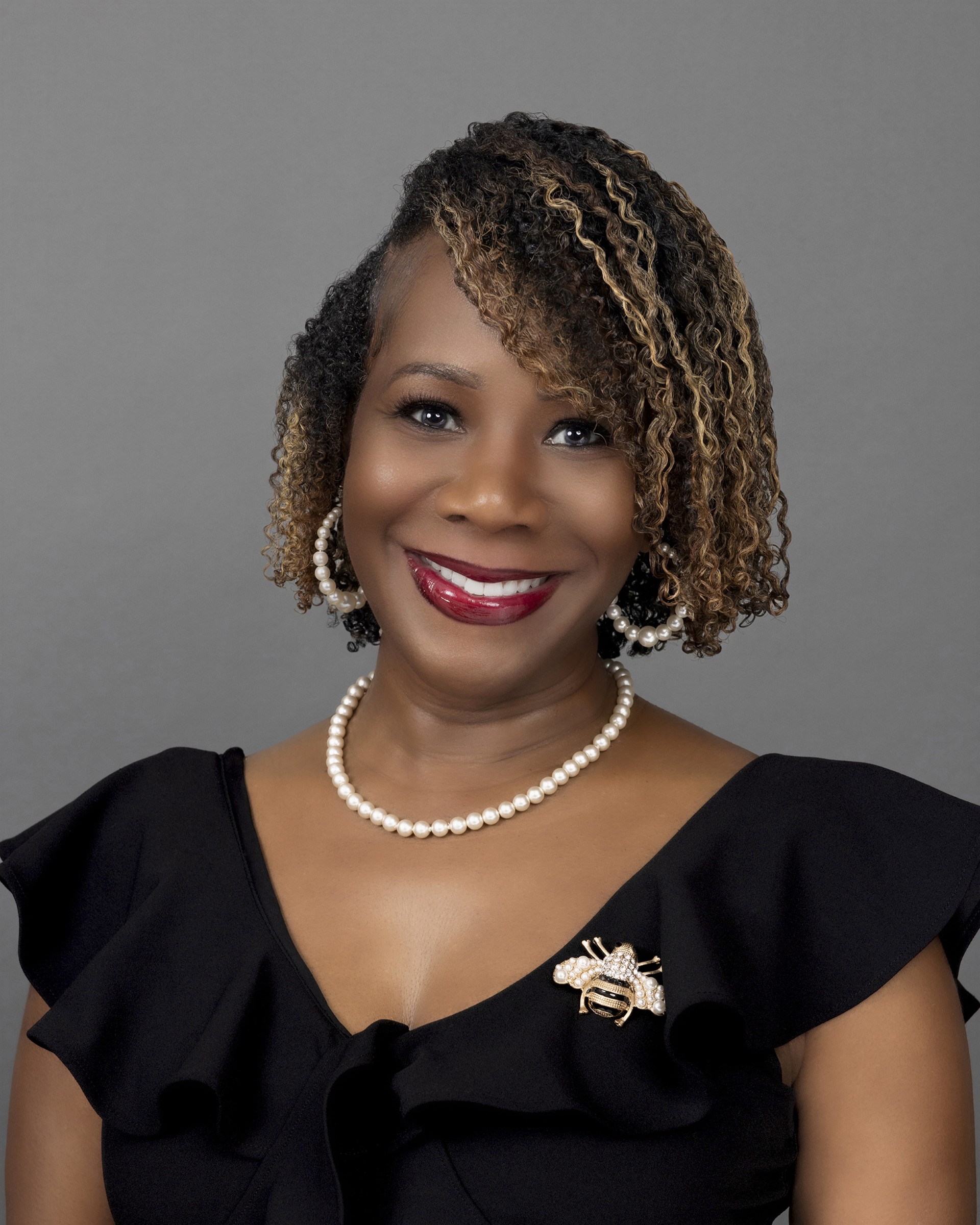By Kenneth Mullinax
Dr. Tanjula Petty, Alabama State University’s vice president for Institutional Effectiveness, Strategic Initiatives, and Transformation, has been tapped for the prestigious honor of being a leader at the annual National Historically Black Colleges and Universities (HBCUs) Week Conference, sponsored by the White House Initiative on HBCUs and the President’s Board of Advisors on HBCUs. The conference’s theme is “Raise the Bar: Where Excellence and Opportunity Meet.”
The event began Sept. 16 in Philadelphia. Dr. Petty’s role is to preside over the session, titled “Advancing Strategic Engagement of Institutional and Economic Development Opportunities.” The session’s topic aligns directly with Dr. Petty’s multi-faceted experience in handling economic and development opportunities and initiatives for ASU.
Vice President Petty explained that for HBCUs to be as successful as possible, they must leverage partnerships that advance opportunities to promote the economic wealth of HBCUs and the communities that they serve, which ASU President, Dr. Quinton T. Ross, Jr., calls “CommUniversity.”
“This event provides a forum to exchange information and share innovations among and between higher education institutions of learning. I feel that I have been invited to the conference due to Alabama State University achieving great things by using strategic initiatives to support both economic development and student success,” Petty said. “The session shares the methods and steps ASU has documented as efficient and effective ways to demonstrate CommUniversity successfully and build a culture of partnerships.”
Dr. Petty stated that she is excited to have another opportunity to share data about the impressive advancement of ASU and to be a contributor to funding and policy discussions that other HBCUs can use as a foundation to build upon. She also feels her presentation enhances the University’s academic profile and influence by providing high visibility, strengthening connections within the HBCU community and connecting with prospective students.
“I believe that speaking at the annual National Historically Black Colleges and Universities Week allows me to represent Alabama State University and enhance its reputation on a national and global stage,” Petty said. “This visibility can help ASU attract top students, faculty, and funding, as well as increase the University’s influence in academic and policy circles and thus, open doors to valuable networking opportunities, lead to collaborations with other institutions, businesses, and government agencies, and foster partnerships that can benefit the University’s research, programs, and outreach efforts.”
According to current data from the United Negro College Fund, the nation’s HBCUs generate $14.8 billion in economic impact annually. With the growing demands for universities and colleges to increase and demonstrate accountability to external agencies and stakeholders, the improvement of economic development and career readiness for HBCUs and their students must be creative and innovative to ensure the continuous improvements of academic and student support programs.
Petty feels that building interconnected collaborations between HBCUs can lead to more economic development opportunities that support students.
“Having the opportunity to work at this national conference shows that ASU is actively engaged in important conversations and is committed to addressing key issues,” Petty said.



